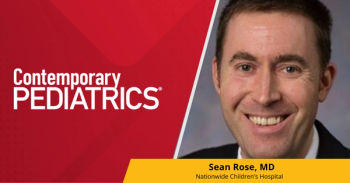
Brain rest is what’s needed after concussion
Unlimited cognitive activity after a concussion prolongs symptoms and recovery, a new study shows.
Unlimited cognitive activity after a concussion prolongs symptoms and recovery. That’s the finding from a recent prospective
William Meehan, MD, of Boston Children’s Hospital Division of Sports Medicine and colleagues found that participants in his study who engaged in the highest level of cognitive activity took the longest to recover from their concussive symptoms.
The researchers studied 335 teenaged athletes with a mean age of 15 years who sustained a concussion between October 2009 and July 2011. More than half the athletes were male (62%); 1 in 5 (19%) reported a loss of consciousness at the concussive event; and more than a third (37%) reported experiencing amnesia at the time of the incident.
At each visit, the investigators recorded the athletes’ symptoms and level of cognitive activity. They divided the participants into 4 groups based on their cognitive activity level: complete rest; minimal activity (no reading or homework; less than 5 text messages per day; and less than 20 minutes of online activity or video gaming per day); moderate activity (less than 10 pages of reading; less than 20 text messages; and less than 1 hour of homework, online activity, and video gaming combined per day); and unlimited cognitive activity.
Interestingly, the researchers found that complete brain rest may be unnecessary. Although those participants with unlimited brain activity took the longest to recover, those who rested completely, those who engaged in minimal activity, and those who engaged in moderate cognitive activity all took about the same of amount of time for their symptoms to resolve.
The investigators conclude that near full brain rest is necessary only for the first 3 to 5 days after a concussion, followed by a gradual return to normal cognitive activity levels.
The American Academy of Pediatrics recently issued a
To get weekly clinical advice for today's pediatrician,
Newsletter
Access practical, evidence-based guidance to support better care for our youngest patients. Join our email list for the latest clinical updates.






